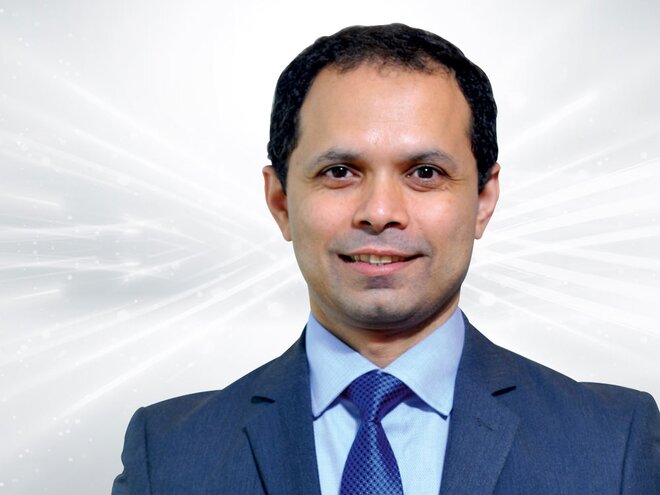
Revision of expense slabs by the regulator, the push towards passives, and the anticipated entry of several new AMCs translate into a greater focus on cost. Do you believe there is potential to drive the costs (expense ratios) down substantially from the current levels while still running the business profitably?
Benjamin Graham once said, "Everyone on Wall Street is so smart that their brilliance offsets each other." Surely, we have seen this happen in our markets as well and hence, it is important to give more choice to investors across active and passive funds.
Investors often ask us what is better - passive or active, and the answer to that is passive aur active (passive and active). Illustratively, 2018 was a year when the markets were very narrow, i.e., a select few stocks did very well and that was moving the Nifty higher, while the broader markets were struggling. Focused funds, i.e., funds with tighter portfolios were doing well, while diversified funds were underperforming. This was because a handful of stocks that were performing were also Nifty-heavy weights. Passive funds would have done very well in such times as the index was doing very well but there was huge disparity in stock performance within the index and active funds could have struggled by dint of their weightage caps. Hence, investors need to have allocation across active and passive and the same is true for AMCs. Costs cannot be the only differentiator in passives. Just as a client portfolio will comprise different types of investments with different types of risk-reward and cost structures, AMCs will also have to quickly align to the new mix and optimise costs accordingly.
The precipitous fall in interest rates has spelt big trouble for regular income seekers. Do you think the fund industry can better serve this investor segment and in a cost-effective manner? What's your big idea to solve the investors' income problem?
Interest rates are cyclical in nature and it is fair to expect a full (hiking and cutting) cycle over 10 years. This is not the first instance when rates have come off sharply. Investors are better served investing in short-duration products. I believe arbitrage and floater categories have seen reasonable flows. Floater funds, by design, thrive in a rising-rate environment. In our view, over the next few quarters, as economic growth picks up momentum, policy stance may shift from accommodative to neutral and this will augur well for this category.
Rapid-fire questions:
- Investment guru/manager you admire the most: Many. Warren Buffett and Howard Marks to name a few. There is surely wisdom in the maxim that all roads lead to Rome. True for investing as well. There are many different investment philosophies and each of them can be rewarding and there is no right or wrong. Different things work for different people and there is always something useful one can learn from everyone. So, eat the orange and throw away the peel!
- Business leader you'd like to emulate: K V Kamath.
- The most rewarding financial investment you've ever made: Equities. I like the liquidity at the click of a button and transparency in terms of price discovery.
- Money mantra you swear by: You don't need to beat the market or pick the best stock to be rich. You just need to earn a decent rate of return and let your money compound over time.
- If not a money manager, you'd be: A banker or may be a sportsperson.








